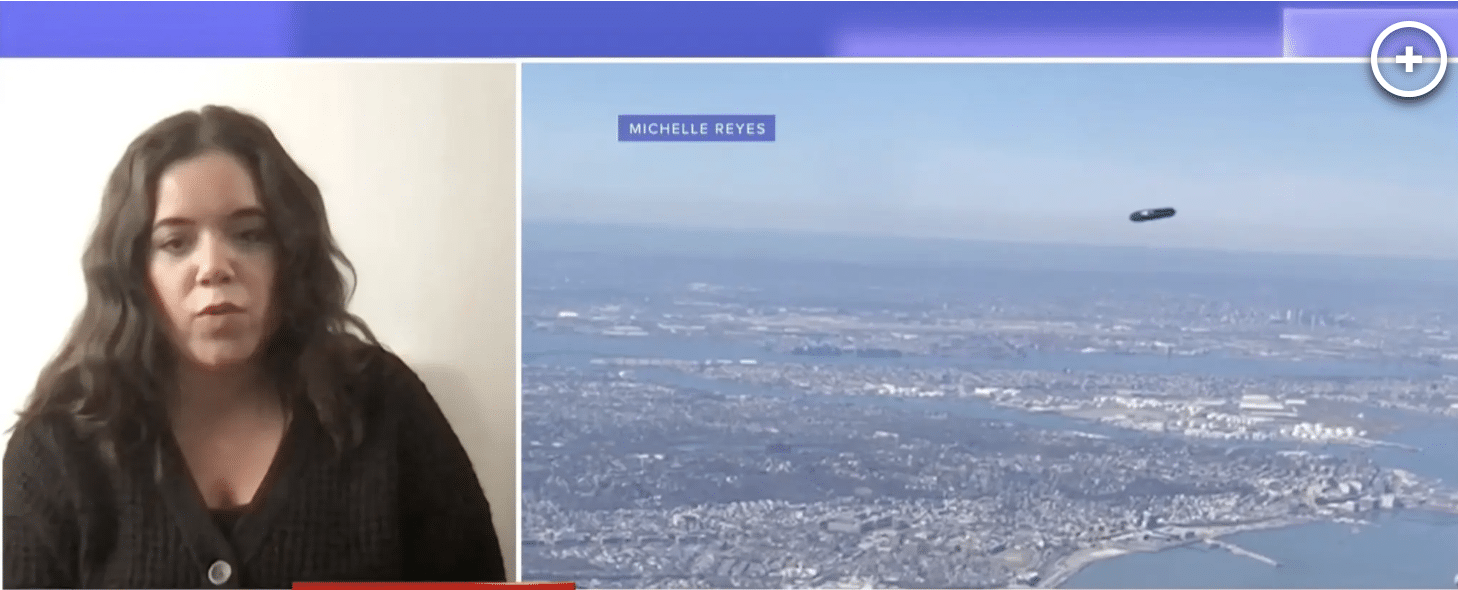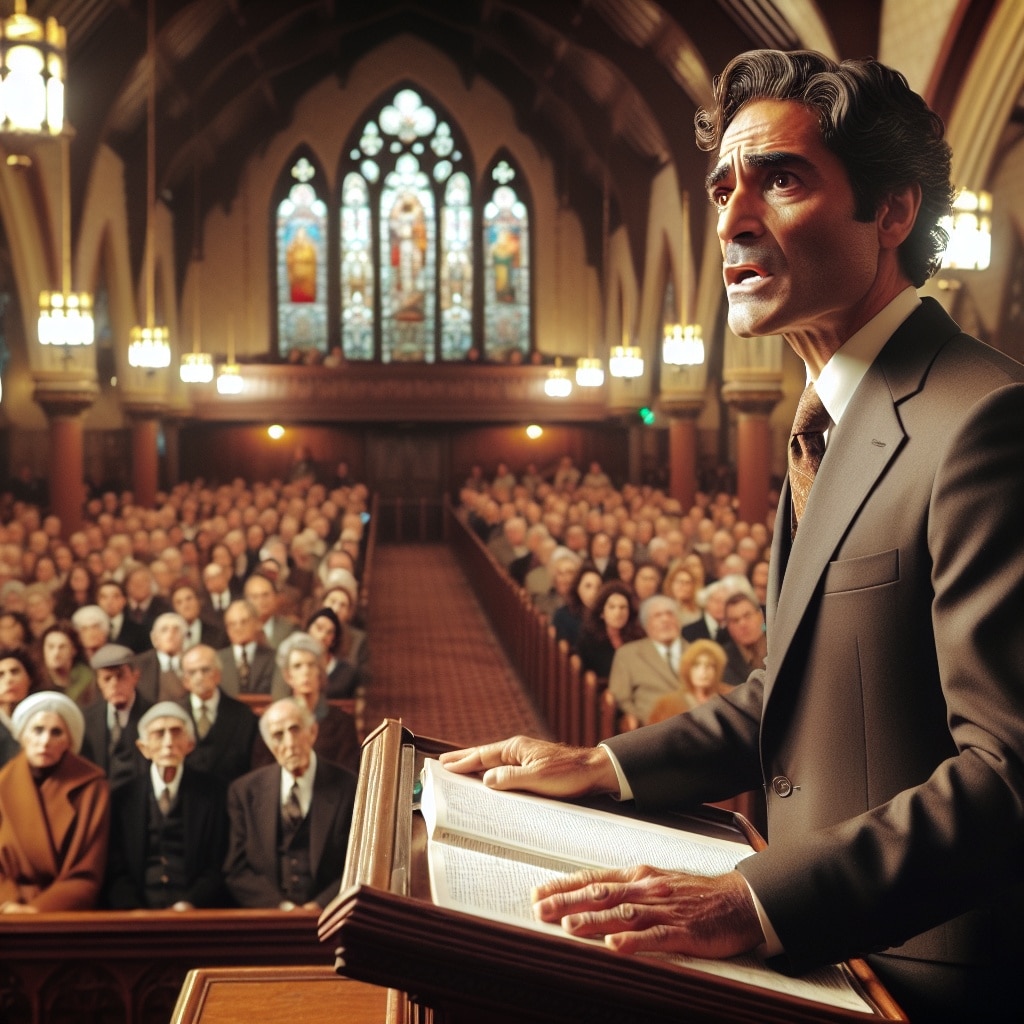(ETH) – Kim Jong Un and North Korea have just warned that the United States will face “a very grave situation” and stated that President Joe Biden has “made a big blunder” regarding his recent speech by calling North Korea a security threat.
The threat is regarding Last week, when Joe Biden, in his first address to Congress, called North Korea and Iran’s nuclear programs “serious threats” to American and world security and went further to say that he’ll work with allies to address those problems through diplomacy and stern deterrence.
“His statement clearly reflects his intent to keep enforcing the hostile policy toward the DPRK as it had been done by the U.S. for over half a century,” Kwon Jong Gun, a senior North Korean Foreign Ministry official, decreed in a statement. “It is certain that the U.S. chief executive made a big blunder in the light of the present-day viewpoint,” Kwon said.
“Now that the keynote of the U.S. new DPRK policy has become clear, we will be compelled to press for corresponding measures, and with time the U.S. will find itself in a very grave situation.” Kwon never made it specific on what exact steps North Korea would take, and his statement could be seen as an effort to apply pressure on the Biden administration as it’s shaping up its North Korea policy according to nEWS4sa.
Biden’s national security adviser, Jake Sullivan, is trying to extinguish hostilities and stated that U.S. policy is “not aimed at hostility, it’s aimed at solutions” and at “ultimately achieving the complete denuclearization of the Korean Peninsula.” “And we’re prepared to engage in diplomacy towards that ultimate objective, but work on practical measures that can help us make progress along the way towards that goal,” Sullivan said on ABC’s “This Week.”
This report comes on the heels of Kim threatening to enlarge his nuclear arsenal and build more high-tech weapons targeting the U.S. mainland, Kim went on further to say the fate of bilateral ties would depend on whether it abandons its hostile policy. In March, he reportedly conducted short-range ballistic missile tests for the first time in 12 months, though he still maintains a moratorium on bigger weapons launches.
“If Pyongyang agrees to working-level talks, the starting point of negotiations would be a freeze of North Korean testing and development of nuclear capabilities and delivery systems,” Leif-Eric Easley, a professor at Ewha University in Seoul, said. “If, on the other hand, Kim shuns diplomacy and opts for provocative tests, Washington will likely

















